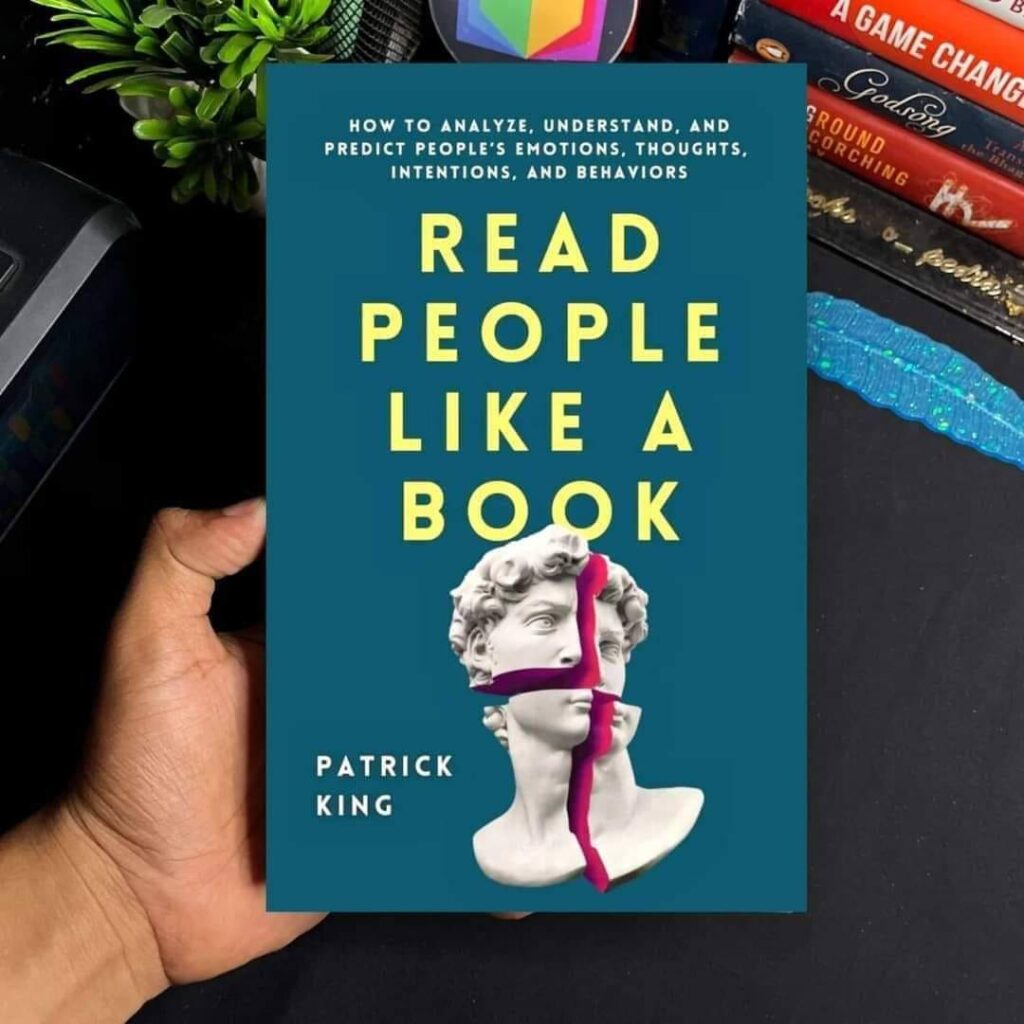Read People Like a Book: Mastering the Art of Understanding Others
The ability to “read people like a book” involves interpreting body language, vocal tone, and other nonverbal cues to understand emotions, intentions, and motivations. Here are some key strategies to enhance your skills in reading others:
1. Observe Body Language
- Posture: Open body language (e.g., uncrossed arms) often indicates receptiveness, while closed postures may suggest defensiveness.
- Gestures: Notice how people use their hands. Frequent gestures can indicate excitement or confidence, while lack of movement may suggest discomfort.
2. Pay Attention to Facial Expressions
- Microexpressions: These brief, involuntary expressions can reveal true emotions. Learning to identify them can provide insights into what someone is really feeling.
- Eye Contact: Engaging eye contact can signify confidence and honesty, while avoidance might suggest discomfort or disinterest.
3. Listen Actively
- Tone of Voice: The way something is said often carries more weight than the words themselves. Changes in pitch, volume, or speed can indicate stress, excitement, or uncertainty.
- Content of Speech: Pay attention to what someone emphasizes in their conversation. This can reveal their priorities and concerns.
4. Notice Context and Environment
- The setting can greatly influence behavior. Observing how someone interacts in different environments (e.g., casual vs. professional) can provide clues about their adaptability and comfort levels.
5. Look for Inconsistencies
- Discrepancies between verbal and nonverbal communication can indicate deception or discomfort. For example, if someone says they’re happy but their body language suggests otherwise, it might be worth exploring further.
6. Develop Empathy
- Cultivating empathy allows you to connect with others on an emotional level. Try to understand their perspective and feelings, which can enhance your ability to read them effectively.
7. Practice Mindfulness
- Being present in conversations helps you pick up on subtle cues. Mindfulness allows you to engage fully, improving your ability to understand others’ emotions and intentions.
8. Ask Open-Ended Questions
- Encouraging people to express themselves can reveal a lot about their thoughts and feelings. Open-ended questions invite deeper conversation and provide more context.
Conclusion
Reading people like a book is a valuable skill that can enhance your interpersonal relationships, both personally and professionally. By honing your observational skills and developing empathy, you can gain deeper insights into the emotions and motivations of those around you. This understanding can lead to more meaningful connections and effective communication.
